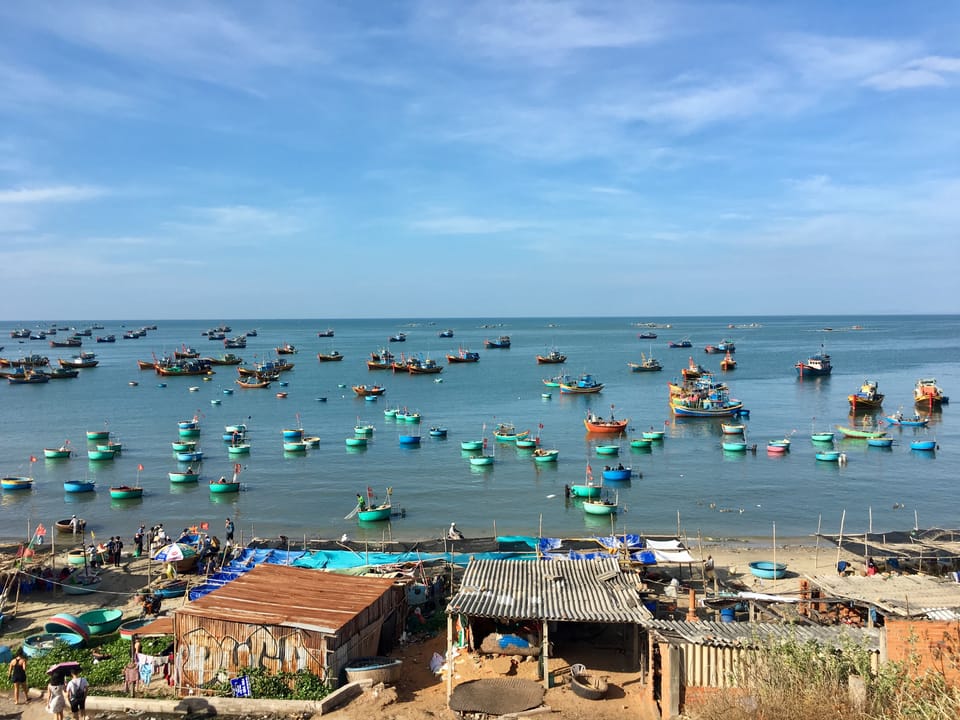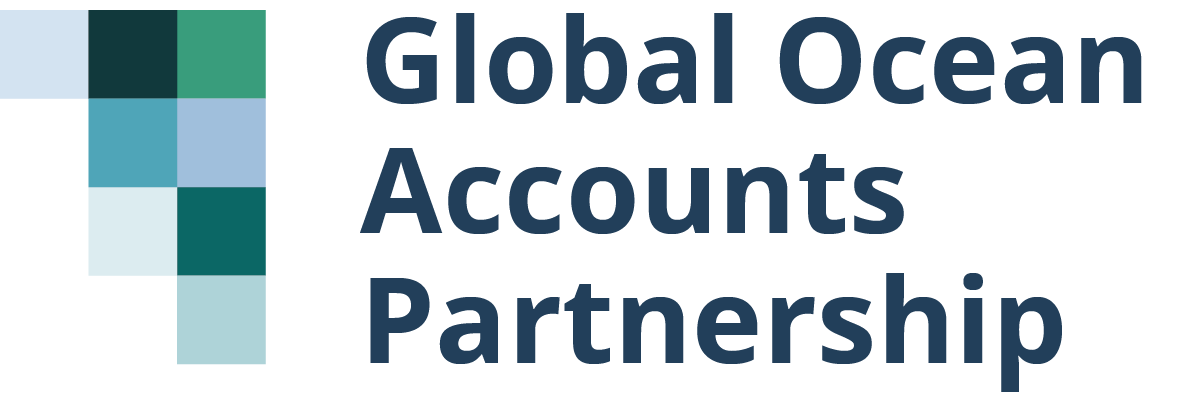The Vital Role of Data in Inclusion, Equity, and Justice in Coastal Communities

Author: Dr Phil James and Dr Rebecca Shellock
Coastal communities, with their unique blend of ecological and societal dynamics, are often at the forefront of challenges related to social justice and environmental sustainability. With the effects of climate change increasing social disparities, ensuring inclusion, equity, and justice within these communities is paramount. Data, when collected and utilised responsibly, can be a powerful enabler to inclusive and just decision making.
When data is disaggregated and analysed through an equity lens, it can reveal disparities and inequalities that might otherwise remain hidden. This understanding is the first step towards creating targeted interventions and policies that promote fairness and address the root causes of social and environmental injustices. Without the ability to measure, and hence illuminate, a problem, solutions will not present themselves.
Definitions in the context of coastal communities
Inclusion means ensuring that all community members, regardless of their characteristics, have equal opportunities to participate in and benefit from resources and decision-making processes.
Equity recognises that different groups may have different needs and may require different levels of support to achieve equality.
Justice involves addressing historical and systemic injustices that have created and perpetuated disparities.
Revealing data gaps
Data can highlight disparities in access to essential resources like healthcare, education, natural resources and employment opportunities within a coastal community. Data might reveal that a certain community or region has limited access to marine resources or that a particular demographic group faces higher unemployment rates. By bringing these disparities to light, data empowers communities and policymakers to take action and strive for a more just and equitable society.
There is a growing interest in equity and justice in the oceans, driven by academic research and civil society efforts. This interest has led to the emergence of concepts like marine justice and ocean equity, all emphasising the need to address social justice and distributional issues in marine conservation, fisheries management, and blue economic development. However, without organised data inclusive of all social aspects of communities we will fail to achieve this goal. Social Accounts, as part of the Ocean Accounts Framework, offer one such mechanism to organise data in a policy-relevant manner (read more about this in our Social Accounts Briefing Paper).
How can data drive positive change?
- Identifying and addressing disparities: By collecting and analysing data on income levels, access to marine resources, access to healthcare, educational attainment, food security and other socioeconomic indicators, we can pinpoint communities and groups that are disadvantaged disproportionately. Data-driven approaches to identify and address these disparities and ensure that all communities have equitable access to the benefits of coastal resources are needed.
- Recognising inequitable access to coastal and marine resources: Inequities in access to coastal resources have been well documented, with certain groups often having greater access to coastal areas and the richer natural resources of the ocean. Documenting inequalities enables a targeted approach for the development of programs and policies that specifically address the needs of marginalised populations. It can also be used to demonstrate solutions successes and impacts and enable adaptive, and effective programming.
- Promoting Environmental Justice: to advocate for environmentally sensitive policies or regulations, we need to understand who is impacted and the vulnerability of these groups to environmental degradation or instances such as hazardous spills. Data can therefore play a crucial role in identifying and mitigating environmental injustices. For example, by mapping pollution levels and correlating them with demographic data, we can identify communities that are disproportionately exposed to environmental hazards and provide appropriate responses.
- Enhancing disaster preparedness and response: Coastal communities are particularly vulnerable to natural disasters. Data on historical disaster impacts, coupled with current demographic and socioeconomic data (including dependency on natural assets), can help identify vulnerable populations and inform resource allocation strategies to enhance resilience. This ensures that disaster response efforts are equitable and prioritise the needs of those most at risk.
- Empowering community voices: Data can be a powerful tool for community empowerment. Through providing community members with access to relevant data and involving them in the data collection and analysis process, communities can gain a deeper understanding of the challenges they face and are empowered to shape and advocate for the solutions.
- Leveraging funding opportunities: Data, whilst empowering community voices, is also crucial in making the case for funding to support marginalised communities. Without such data to support the business case it is likely to be significantly weaker and less likely to be successful.
While data holds immense potential to ensure social and environmental justice in all its forms, when used incorrectly there are real risks, for example, in many coastal communities there is a data-equity issue where access to reliable and disaggregated data can be limited. This can hinder the identification of disparities and the development of effective interventions. Ensuring data quality and addressing data gaps are crucial steps in harnessing the full potential of data for social justice.
Equally, the focus solely on a small set of quantitative metrics such as ‘area protected’ can create adverse incentives within the system potentially leading to great, not fewer, disparities. The quantitative metrics also cannot provide for the intangible and culture aspects of community use of marine resources. To ensure justice all forms of data should be considered.
Frameworks for managing and using social data
The social accounting framework currently under development by international groups under the guidance of the Global Ocean Accounts Partnership (GOAP) offers a coherent framework for addressing many of these considerations. Social accounts capture, analyse and report data related to the social, cultural and equity dimensions of the human-ocean relationship. They are a flexible framework which can capture wide variety of dimensions and indicators which can help inform socially just decision making. For example, data may include; gender equity and social inclusion, nutrition and food security, poverty, livelihoods, social vulnerability and resilience and trade and markets. (read more in our Social Accounts Briefing Paper).
However, for the framework to be effective in driving change the high-level signals from decision makers need to align. The various Ocean events, including those related to climate need to recognise the importance of data for social justice and a fair transition. The UN Ocean Conference is 2025 landmark ocean event and needs to put a just and fair transition, including within conservation efforts, at the centre of the change we need.
Data can promote inclusion, equity and justice
Data, when collected and used ethically, can be a powerful catalyst for promoting inclusion, equity, and justice in coastal communities. By illuminating disparities, empowering community participation, and informing policy decisions, data can help create more resilient, equitable, and just coastal regions for all. It is essential that the potential of data for building a more inclusive and sustainable future for coastal communities is embraced.
